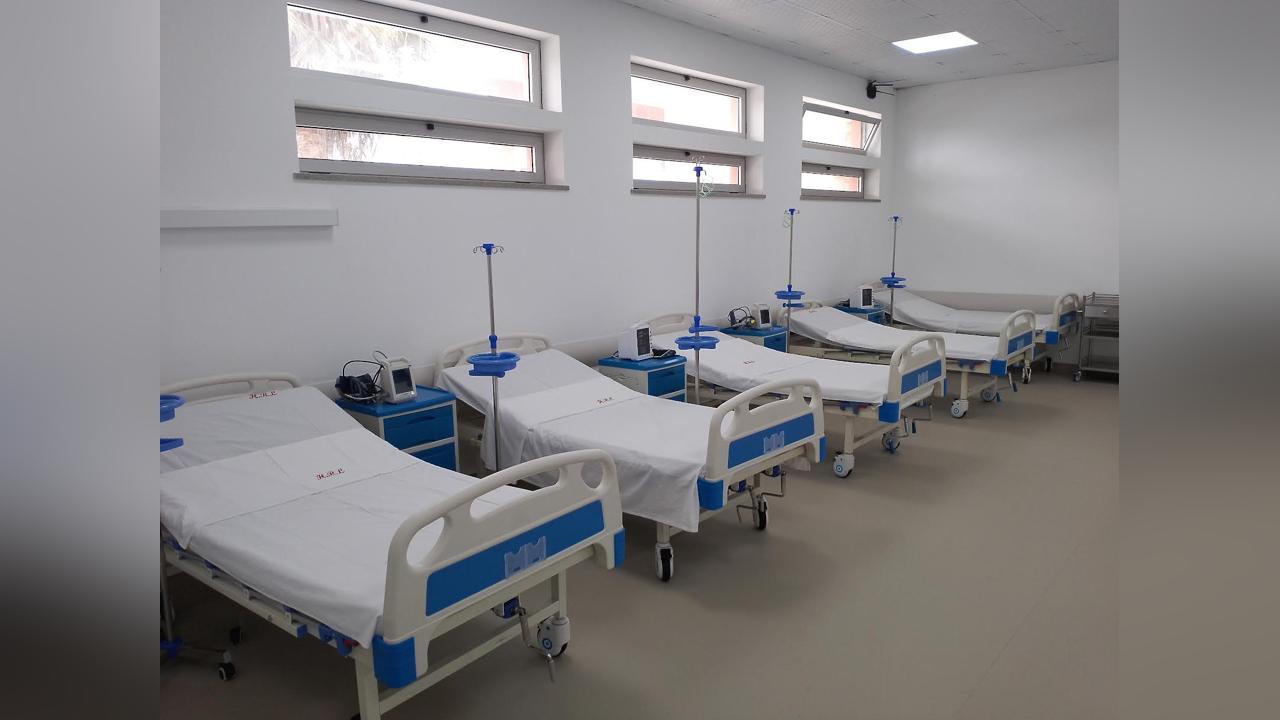Africa-Press – Botswana. To efficiently reform Botswana’s healthcare system, both government and private sector players must urgently act to improve service quality, efficiency, and accessibility, particularly for the uninsured, renowned health expert Dr Rajesh Patel has.
Speaking in Gaborone on Friday at Botswana Medical Aid Society (Bomaid) Health Care Provider PITSO themed: Navigating the Health Ecosystem: The Role of Providers in Delivering Excellence, Dr Patel highlighted the financial hardships faced by uninsured individuals, many of whom were forced to pay exorbitant out-of-pocket expenses for basic health care services.
“There needs to be a system of social and financial protection in place, right now, those who do not have medical insurance are paying an unfair and unsustainable amount for their care, this leads to worse health outcomes and deepens inequality,” he said.
He said that healthcare should not be a privilege for the few but a right for all, regardless of income or insurance status. In addition to addressing financial barriers, Dr Patel also urged for improved efficiency across health service delivery systems.
“We are seeing too many delays, mismanagement of resources, and lack of coordination between institutions; these inefficiencies are costing lives and must be addressed immediately,” he said. He recommended better training for health workers, investment in digital health infrastructure, and a streamlined regulatory framework to reduce red tape and enhance patient care.
Bomaid’s chief customer experience officer, Ms Segolame Macheng, called for stronger collaboration across all sectors of the health ecosystem, stressing that working together was essential to building a healthier nation. She added that fragmented efforts in healthcare delivery continued to undermine progress towards effective and inclusive health coverage. She urged government agencies, private healthcare providers, NGOs, and international partners to strengthen their partnerships to ensure that every citizen had access to quality health services.
“The health of our nation depends on our ability to work as one. Silo operations and duplicated efforts will not get us to our goals, we need a united front to ensure equitable, efficient, and sustainable healthcare for all,” Ms Macheng said in her welcome remarks.
She highlighted several pressing issues facing the country’s healthcare system, including unequal distribution of services, understaffing in rural clinics, and challenges in financing universal health coverage. She proposed a shared framework where data, resources, and expertise could be pooled to eliminate gaps and inefficiencies.
Health experts at the PITSO echoed similar sentiments, noting that joint strategies would not only improve service delivery, but also strengthen the country’s preparedness for health emergencies. As the country works toward achieving Universal Health Coverage by 2030, panel discussion speakers and attendees at the PITSO emphasised that inclusive partnerships and systemic reform were key drivers of success.
For More News And Analysis About Botswana Follow Africa-Press






